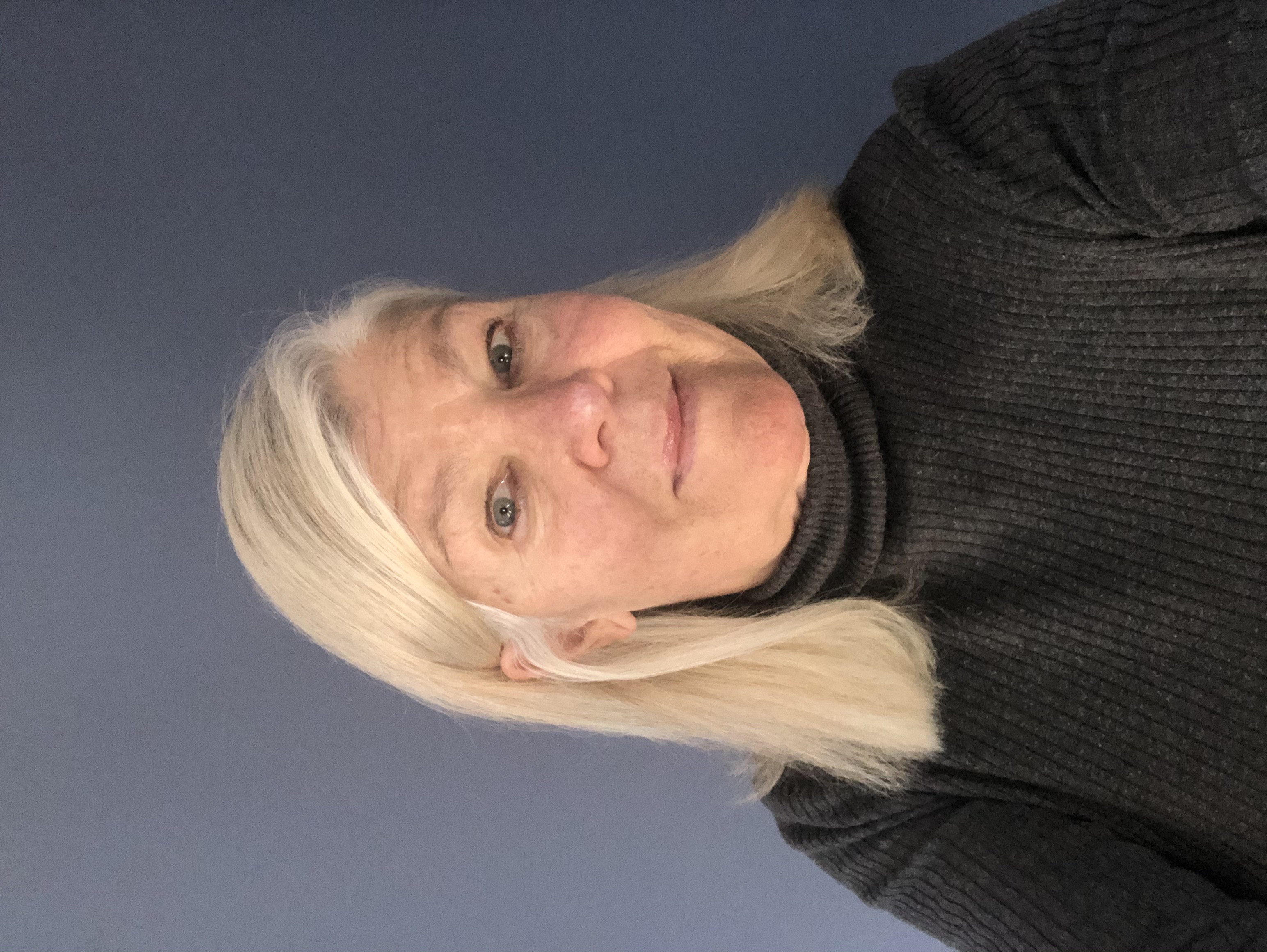
(949) 293-6658
Homebase: Central and Sourthern California
Available throughout the state
NOTE: Mary Bevernick is currently not available to support LEAs newly identified as significantly disproportionate in 2024.
Over the past 40 years, Mary has served as a special education teacher, school counselor, special education director, assistant superintendent and SELPA director. As a special education director, Mary was in the first cohort in California identified as Significantly Disproportionate. Through that experience, Mary developed respect for the power of using data to analyze, track and monitor systems in order to develop and improve them. She believes that Significant Disproportionality provides a platform for collecting solid data to guide implementation of innovative research-based interventions in general education, powerful student study teams, supporting equity in education, and building inclusive education.
She has had multiple opportunities to work with others on equity issues and using a cultural lens to design and implement systemic change. Truly successful change requires input from all stakeholders before implementation. Significant Disproportionality identification offers impetus to actually implement system changes. Mary believes that changes developed through a cultural lens promote equity and offer success for all students.
Mary has considerable experience in guiding districts to develop strong and effective Student Success teams, MTSS plans3 and positive behavioral supports. She has the tools to guide districts and SELPAs to develop improved systems for serving their students. Whether working directly with leadership, providing professional development, leading stakeholder groups, or break-out sessions at large conferences, Mary consistently demonstrates the use of data to determine needs and to develop effective and efficient responses to those needs.
The work of an SSP-TAP facilitator is to support districts to develop and implement plans that will meet their own specific needs building on the strengths of that district. Mary enjoys the work. She currently lives in the Santa Cruz mountains and has experience working in large urban districts and small rural districts in southern and central California.
Areas of Particular Interest and Expertise
Step 1: Gather and Inquire
- Leadership Meetings
- Educational Partners’ Meetings
- Gathering Quantitative Data
- Gathering Qualitative Data
- Programmatic Self-Assessment
- Infrastructure Analysis
- Policies, Practices, and Procedures Review
- Consolidation of Step 1
Step 2: Data and Root Cause Analysis
- Root Cause Analysis
- Prioritizing Factors Contributing to Significant Disproportionality
- Initiative Inventory
- Identification of Target Population
- Development of a Theory of Action
- Consolidation of Step 2
Step 3: Plan for Improvement
- Development of a CIM for CCEIS Action Plan
- Budget Development
- CIM for CCEIS Action Plan Review
Step 4: Implementing and Monitoring
- Support data collection for evaluating effectiveness of interventions
- Support implementation monitoring
- Provide guidance around student tracking requirements
- Assist with development of Progress Reports


